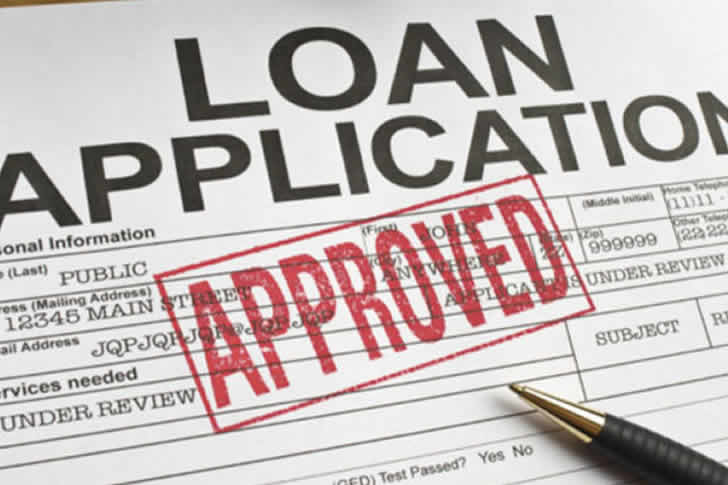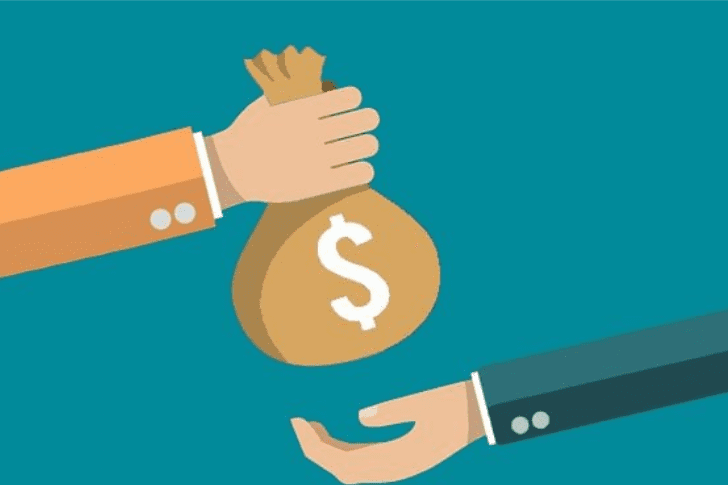Debt Consolidation: Loan Options and Repayment Tips
Debt consolidation can simplify your finances and reduce stress. Understanding loan types and repayment strategies is crucial to making the process work for you.

Understanding Debt Consolidation
Debt consolidation involves combining multiple debts into a single loan. This can simplify payments and potentially reduce your interest rates, making it easier to manage your finances.
Benefits of Debt Consolidation
- Instead of juggling multiple repayments, you only have one.
- Consolidation may offer lower interest rates compared to credit cards.
- Consistent, on-time payments can boost your credit rating over time.
Drawbacks of Debt Consolidation
- While monthly payments might be lower, you might end up paying more in interest over a longer term.
- Some loans come with upfront costs.
- It helps manage debt but doesn’t eliminate it. Financial discipline is essential.
Loan Options for Debt Consolidation
Choosing the right loan is crucial for effective debt consolidation. Here are some options:
Personal Loans
These are unsecured loans offered by banks, credit unions, and online lenders.
- No collateral needed, potentially lower interest rates than credit cards.
- Credit score influences eligibility and interest rates.
Home Equity Loans
These are secured loans where your home is used as collateral.
- Lower interest rates due to the collateral.
- Risk of losing your home if you fail to repay.
Balance Transfer Credit Cards
These cards offer 0% introductory interest rates for a period.
- Opportunity to pay down debt without accruing interest.
- High interest rates kick in after the introductory period. There's usually a transfer fee.
Debt Management Plans
Offered by credit counseling agencies, these plans consolidate debts into one monthly payment.
- Credit counselors can negotiate lower interest rates.
- Potential impact on credit score and monthly service fee.
Repayment Tips for Debt Consolidation Loans
Once you have a consolidation loan, set yourself up for success with these tips:
Create a Budget
Outline your income, expenses, and repayment schedule. This will help you prioritize payments and avoid overspending.
Set Up Automatic Payments
Automating your payments ensures you never miss a due date, avoiding late fees and negative impacts on your credit score.
Pay More Than the Minimum
Whenever possible, pay more than the minimum required payment. This reduces interest paid over time and shortens your repayment term.
Avoid New Debt
Focus on repaying your existing debt. Accumulating new debt can undermine your consolidation efforts.
Track Your Progress
Regularly review your financial statements and budget to track your repayment progress. Adjust your plan as necessary to stay on track.
Seek Professional Advice
If you're unsure about the top consolidation option for you, consider consulting a financial advisor. They can provide personalized advice based on your financial situation.
Is Debt Consolidation Right for You?
Before consolidating your debt, ask yourself the following:
- Can you commit to a repayment plan?
- Will you save money in the long run?
- Do you understand the terms and conditions of your consolidation loan?
Debt consolidation can be a valuable tool for managing debt, but it's important to approach it with a clear plan and full understanding of the process. By selecting the right loan and implementing effective repayment strategies, you can take control of your finances and work towards a debt-affordable future.










